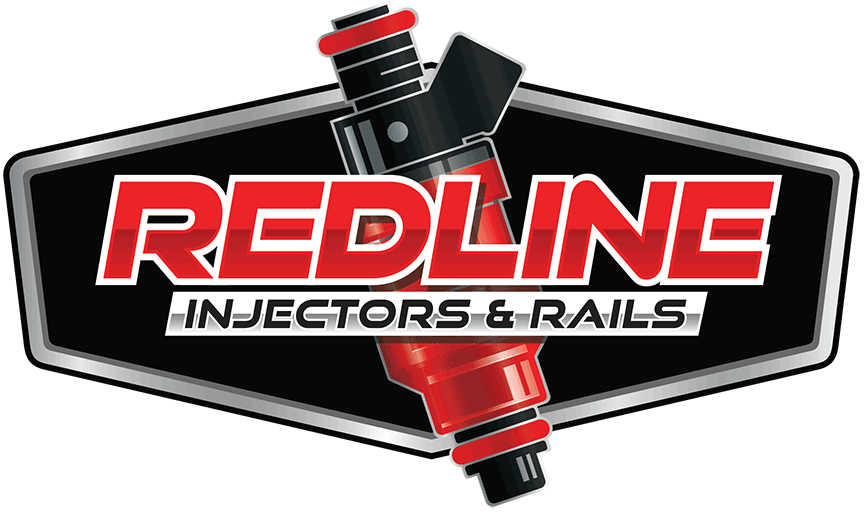Port, TBI, GDI and Piezo Fuel injectors should generally be professionally cleaned according to the guide below. At home and in-engine treatments can sometimes cause more problems than they solve. The frequency of cleaning your fuel injectors depends on your vehicle, driving conditions, and the type of fuel you use. Proper maintenance ensures optimal engine performance and prevents costly repairs. Here’s what you need to know:
General Guidelines for Fuel Injector Cleaning
- Every 30,000–50,000 Miles:
- Recommended for most vehicles as part of routine maintenance, especially if you experience performance issues or live in areas with lower-quality fuel.
- When Symptoms Appear:
- If you notice symptoms of dirty injectors (e.g., rough idle, poor fuel economy, or hesitation), it may be time for cleaning, regardless of mileage.
- As Recommended by the Manufacturer:
- Check your vehicle’s owner’s manual for specific guidance. Some modern vehicles with advanced fuel systems may require less frequent cleaning.
Why Should You Clean Fuel Injectors?
Fuel injectors are essential for delivering the correct amount of fuel into the engine. Over time, deposits from fuel can build up, especially on the injector nozzles, leading to:
- Improved Engine Performance:
- Clean injectors ensure proper atomization of fuel, resulting in better combustion and engine efficiency.
- Enhanced Fuel Economy:
- Deposits can disrupt the fuel spray pattern, causing incomplete combustion and higher fuel consumption.
- Reduced Emissions:
- Dirty injectors can lead to increased unburned hydrocarbons in the exhaust, causing higher emissions.
- Extended Engine Life:
- Properly functioning injectors prevent carbon buildup in the combustion chamber, reducing wear and tear on engine components.
- Preventative Maintenance:
- Cleaning injectors prevents issues like misfires, stalling, or hard starting, reducing the risk of expensive repairs.
Factors That Influence Cleaning Frequency
- Type of Fuel Used:
- Top-Tier Gasoline: Contains detergents that reduce deposit formation, extending the time between cleanings.
- Lower-Quality Fuel: May lack sufficient detergents, requiring more frequent cleaning.
- Driving Conditions:
- City Driving: Frequent stop-and-go traffic can contribute to injector deposits.
- Highway Driving: Helps burn off deposits, requiring less frequent cleaning.
- Engine Type:
- Gasoline Direct Injection (GDI): GDI engines are more prone to carbon buildup and may require more frequent cleaning than port fuel injection (PFI) systems.
- Age of the Vehicle:
- Older vehicles may accumulate deposits more quickly, necessitating more regular cleaning.
Types of Injector Cleaning
- Fuel Additives:
- Adding a fuel system cleaner to the gas tank can dissolve minor deposits. Recommended every 3,000–5,000 miles as a preventative measure however they can still generate internal build up and clogs and have their flow impaired.
- Professional Cleaning: Have the injectors professionally cleaned using specialized ultrasonic cleaning and chemicals and machines to drive them during cleaning, RedlineInjectors.com additionally uses a proprietary cleaning machine called POWERFLUSH to resolve difficult issues.
Signs It’s Time to Clean Injectors
- Poor fuel economy.
- Engine misfires or hesitation.
- Rough idle or stalling.
- Increased emissions or failed emissions test.
- Difficulty starting the engine.
By maintaining a regular cleaning schedule and using high-quality fuel, you can prolong the life of your fuel injectors, improve engine performance, and avoid costly repairs.
